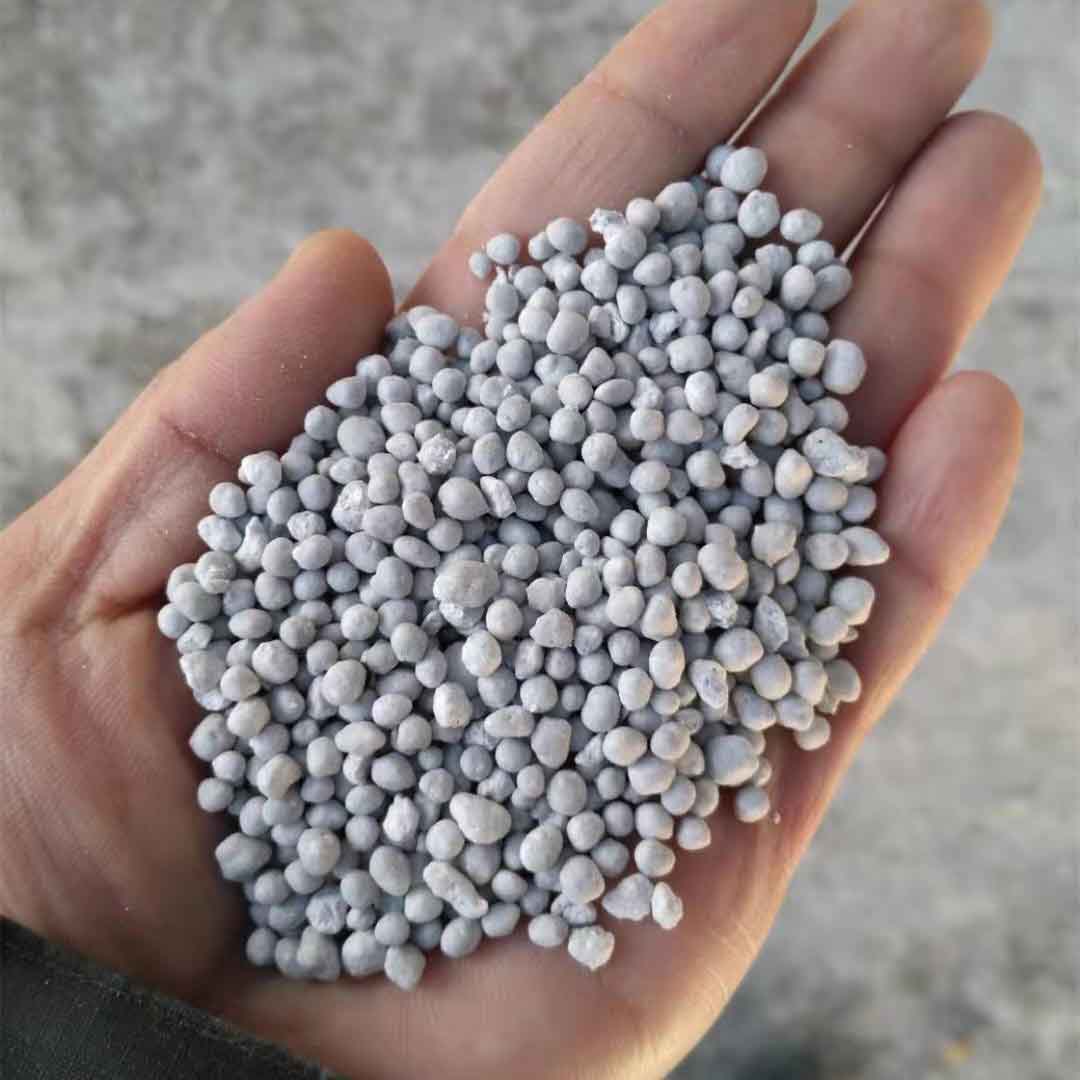
Lug . 29, 2024 22:50 Back to list
Top Quality Granules of Potassium Humate for Enhanced Soil Health and Plant Growth
The Benefits of Best Potassium Humate Granules for Agriculture
In recent years, the agricultural industry has recognized the importance of sustainable practices to boost crop yields while minimizing environmental impact. One of the standout products in this realm is potassium humate granules, renowned for their numerous benefits to soil health and plant growth. This article will explore the properties of potassium humate granules, their applications, and the advantages they bring to agricultural practices.
What is Potassium Humate?
Potassium humate is a natural organic compound derived from the humification of organic matter. It is rich in humic and fulvic acids, which are known to enhance nutrient availability and improve soil structure. This compound is typically available in liquid or granulated form, with the latter offering ease of use and application in various agricultural settings.
Advantages of Using Potassium Humate Granules
1. Improved Soil Structure One of the significant benefits of potassium humate granules is their ability to improve soil structure. They help to aggregate soil particles, which enhances aeration and water infiltration. This is particularly important in compacted soils where root growth can be hindered. By improving the soil structure, potassium humate promotes a healthier root system, ultimately leading to better overall plant health.
2. Enhanced Nutrient Retention Potassium humate is known for its cation exchange capacity (CEC), which allows it to retain essential nutrients in the soil. This means that crops can access more nutrients over time, reducing the necessity for frequent fertilization. The granules act like a sponge, holding onto potassium and other essential micronutrients and making them available to plants when needed.
best potassium humate granules

3. Increased Water Retention Another notable benefit is the enhancement of water retention in the soil. The organic matter in potassium humate granules can hold moisture, which is crucial during dry spells. This property not only supports robust plant growth but also minimizes the need for excessive irrigation, promoting water conservation.
4. Stimulates Microbial Activity Healthy soil is teeming with beneficial microorganisms that play a crucial role in nutrient cycling. Potassium humate granules stimulate microbial activity in the soil, fostering a vibrant ecosystem. These microorganisms help decompose organic matter and release nutrients in a form that plants can readily absorb, thus enhancing soil fertility.
5. Stress Tolerance Plants treated with potassium humate granules often show increased resilience to environmental stresses such as drought, salinity, and extreme temperatures. The organic compounds in the granules help plants adapt to these stresses, ensuring a more stable yield even in adverse conditions.
Application of Potassium Humate Granules
Potassium humate granules are versatile and can be applied to various crops, including vegetables, fruits, grains, and ornamental plants. The recommended application rates can vary depending on the specific crop and soil conditions. Generally, it is best to apply the granules during soil preparation or sowing, ensuring they are well integrated into the soil. They can also be used as a top dressing during the growing season.
Conclusion
In summary, potassium humate granules are a powerful tool for modern agriculture, enhancing soil health and promoting sustainable practices. Their ability to improve soil structure, increase nutrient and water retention, stimulate microbial activity, and bolster plant stress tolerance makes them an invaluable addition to any farming operation. As the agricultural industry continues to evolve toward more sustainable methods, products like potassium humate granules will undoubtedly play a crucial role in achieving these goals and ensuring food security for the future.
-
Premium Amino Acid Fertilizer | Rapid Plant Growth Booster
NewsJul.31,2025
-
10 10 10 Fertilizer Organic—Balanced NPK for All Plants
NewsJul.30,2025
-
Premium 10 10 10 Fertilizer Organic for Balanced Plant Growth
NewsJul.29,2025
-
Premium 10 10 10 Fertilizer Organic for Balanced Plant Growth
NewsJul.29,2025
-
Premium 10 10 10 Fertilizer Organic for Balanced Plant Growth
NewsJul.29,2025
-
50 Pound Bags of 13-13-13 Fertilizer for All Plants – Bulk & Organic Options
NewsJul.28,2025
